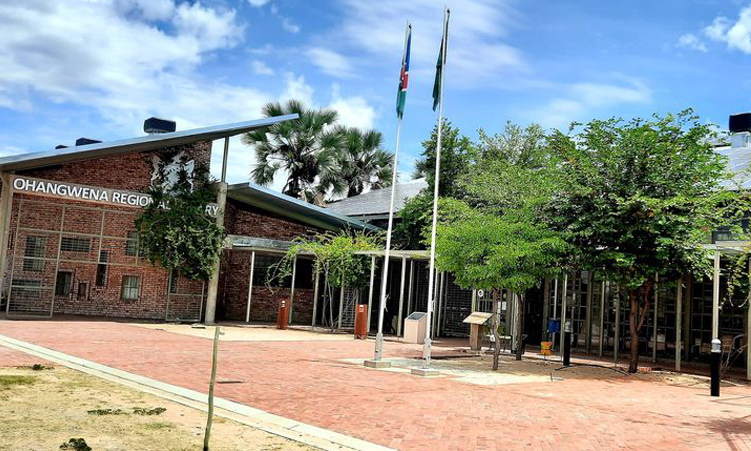An audit report has found that the Ohangwena Regional Council awarded a N$600 000 tender to a bidder who submitted their documents five months after the deadline.
This was revealed in the audit report of the financial books of the Ministry of Urban and Rural Development.
“The awarded bidder only submitted their cost estimates during the evaluation process. The bid advertising period ran and closed in August 2021, however, this bidder only submitted the cost estimates for the procurement in February 2022,” the report reads.
The auditors found no council approval for the re-award of the tender to the bidder. “The council resolution to agree to terms of the consultants was not attached and no evidence to substantiate re-awarding of the contract to the awarded bidder, therefore, the chief regional officer’s decision to re-award the contract is not substantiated by valid evidence,” the report reads.
The award letter to the successful bidder also did not indicate the amount of the tender.
“Therefore, the contract amount could not be verified as correct,” the report reads.
The council ballooned the amount of the tender by over N$1 million when they informed the surveyor of the project. While the bid documents showed that the amount of the tender was N$660 032, the council, based on their letter to the awarded bidder, appeared to have deviated from the bid amount by informing the surveyor of their budget for the project as N$2,1 million.
Urban and rural development executive director Nghidinua Daniel told the auditors they will “take up the suspected irregularities with the said council”.
Meanwhile, at the Ruacana Town Council, two employees forged an invoice and increased the amounts owed from N$1,1 million to N$1,28 million.
“Claiming funds in advance for work that was not discharged or completed worth N$1,28 million. Of the N$1,28 million transferred by the ministry, only N$1,11 was paid to the consultant, with the unexplained difference of N$173 775, which was not paid over to the consultant as motivated,” the audit found. Daniel told the auditors the ministry has commissioned an investigation.
“The investigation report was sent to the Office of the Attorney General for legal advice on the findings and the required corrective measures,” the report stated.
Kandjeke further found that the ministry dished out N$1,7 million to three councils without proper authorisation and paperwork.
One of these payments was N$857 651 to the Outapi Town Council.
“Transaction not properly authorised. The work inspector did not sign the general expense motivation for the accounting officer’s approval,” the report reads. The accounting officer is Daniel. At Tses Village Council, no bidding documents were submitted but it received N$336 568.
“No bidding documents were attached to verify the procurement process. Bank account of the village council could also not be verified as bank statements were not attached,” the report reads.
Another N$515 054 was paid to the Omaheke Regional Council.
“Wrong site minutes and inconsistent work progress. No proof attached of the legal advice or council resolution taken to grant extension obtained on the variations,” the auditors pointed out.
The ministry further overspent its budget by over N$500 million due to capital projects such as the construction of the Otjozondjupa Regional Office Park.
This construction went over its budget by N$84 million. Another project which took up more money than budgeted is the construction of the //Kharas Regional Office Park, which cost N$80 million.
The Hardap Regional Office Park construction project took up N$75 million of the money overspent, while the ministry spent N$65 million on the new Omaheke Regional Council Office.
This comes as the ministry on Tuesday called out regional councils for the lack of financial accountability.
The ministry’s director of decentralisation coordination Godwin Sikabongo identified the lack of submission of audit reports as a challenge.
“Non-compliance with certain provisions of the policy and act, accountability e.g. qualified audit reports,” said Sikabongo. He recommended stronger accountability from the regional councils.
He also advised for the strengthening of financial management and accountability systems at sub-national government level to ensure optimal execution of decentralised functions and use of linked resources.
Stay informed with The Namibian – your source for credible journalism. Get in-depth reporting and opinions for
only N$85 a month. Invest in journalism, invest in democracy –
Subscribe Now!






